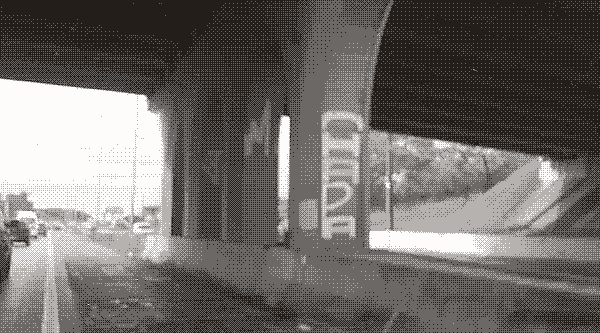Underground Communication Systems

The Hidden Networks
There are rituals that unlock things. Specific actions in specific places that grant access to services and people who don't advertise.
I've been obsessed with these systems for months. I call them Underground Communication Systems—probably not the best name, but it works. They're not mystical. They're practical. Secret handshakes for the real world.
Most of them share a few traits.
The Unwritten Code
- You need to know the rules to see the system. Otherwise, it's invisible.
- Most services live in legal gray areas. Some are straight-up illegal.
- They persist for years, sometimes decades. Old-school by design.
- Evidence is scarce. People don't document this stuff.
Examples
- Japan: Pachinko Parlors — Gambling for cash is illegal, so pachinko parlors technically award prizes like toys, cigarettes, or food. Winners know they can walk to a nearby shop—often yakuza-owned—to exchange these prizes for cash. The shops then sell them back to the parlor. Loop complete.
- Brazil: The Beer Can Signal — Truck drivers leave empty beer cans near specific road signs when they need a Chapa—an informal guide who knows the local routes and bureaucracy. Leave the can. Wait. Someone shows up. Cash changes hands.
- Tokyo: Three Claps — Drug dealing is serious business in Japan. Some dealers allegedly use remote Shinto shrines as meeting points. The signal? Clap three times instead of the traditional two during your prayer. The lookout knows. You get approached.
- Rome: The Basket Drop — Nondescript buildings with baskets dangling from second-floor windows. Put money in the basket. Tug the rope a specific number of times. The basket goes up. It comes back down with counterfeit cigarettes, weed, or coke.
- Chile: Seven Knocks — In remote villages, houses with red fabric on the door signal sex work. Knock seven times. Someone evaluates you through the door. They decide if you get in.
Why This Matters
These systems are about adaptation. When formal channels fail or exclude people, informal ones emerge. They're not just criminal networks—they're proof that humans find ways to connect and transact no matter what.
Obviously, most of these examples involve illegal or ethically gray activities. I'm not endorsing any of them. But I am fascinated by the ingenuity and resilience they represent.
We build systems when we need them. Sometimes those systems operate in the light. Sometimes in the shadows. Either way, they reveal something fundamental about how humans organize when left to their own devices.